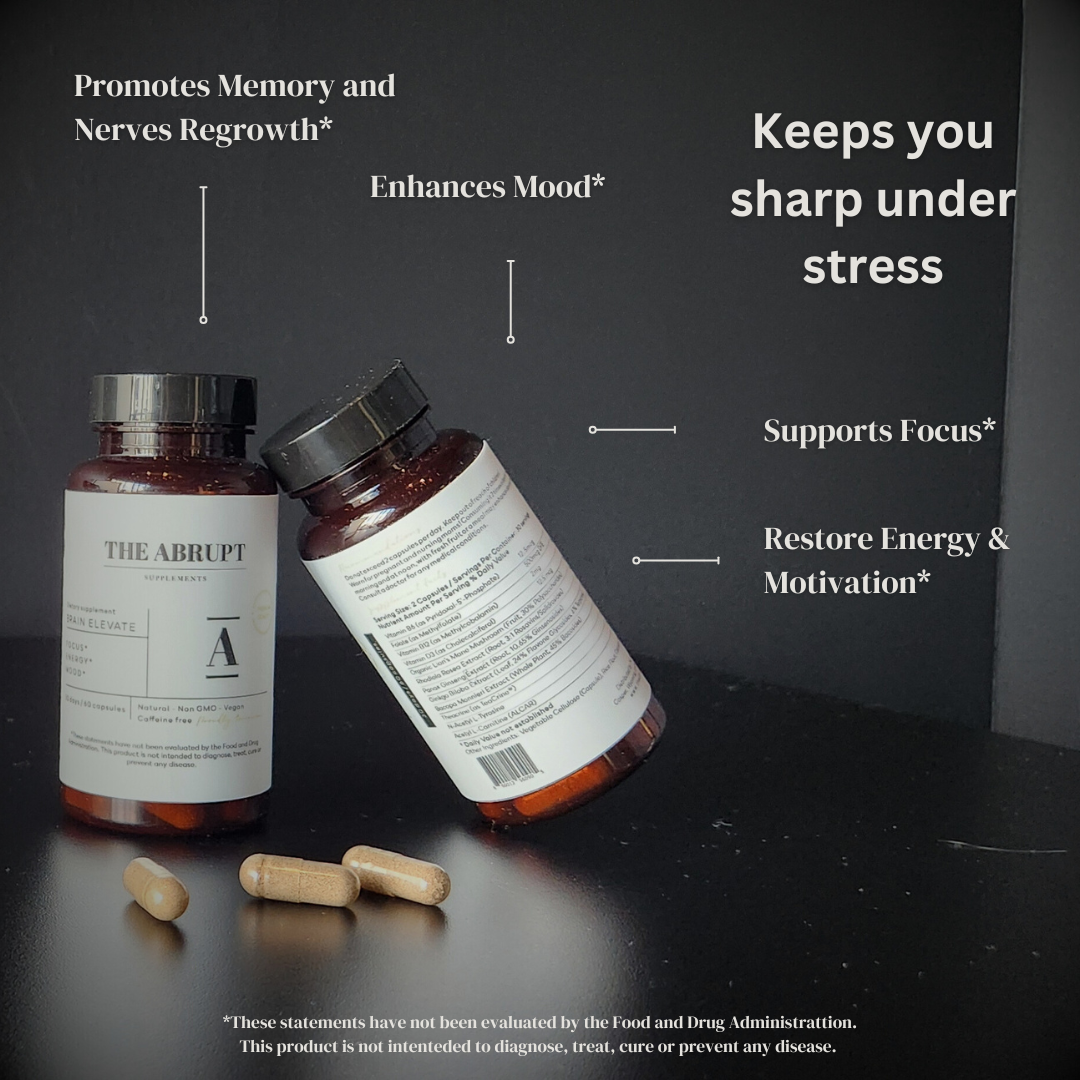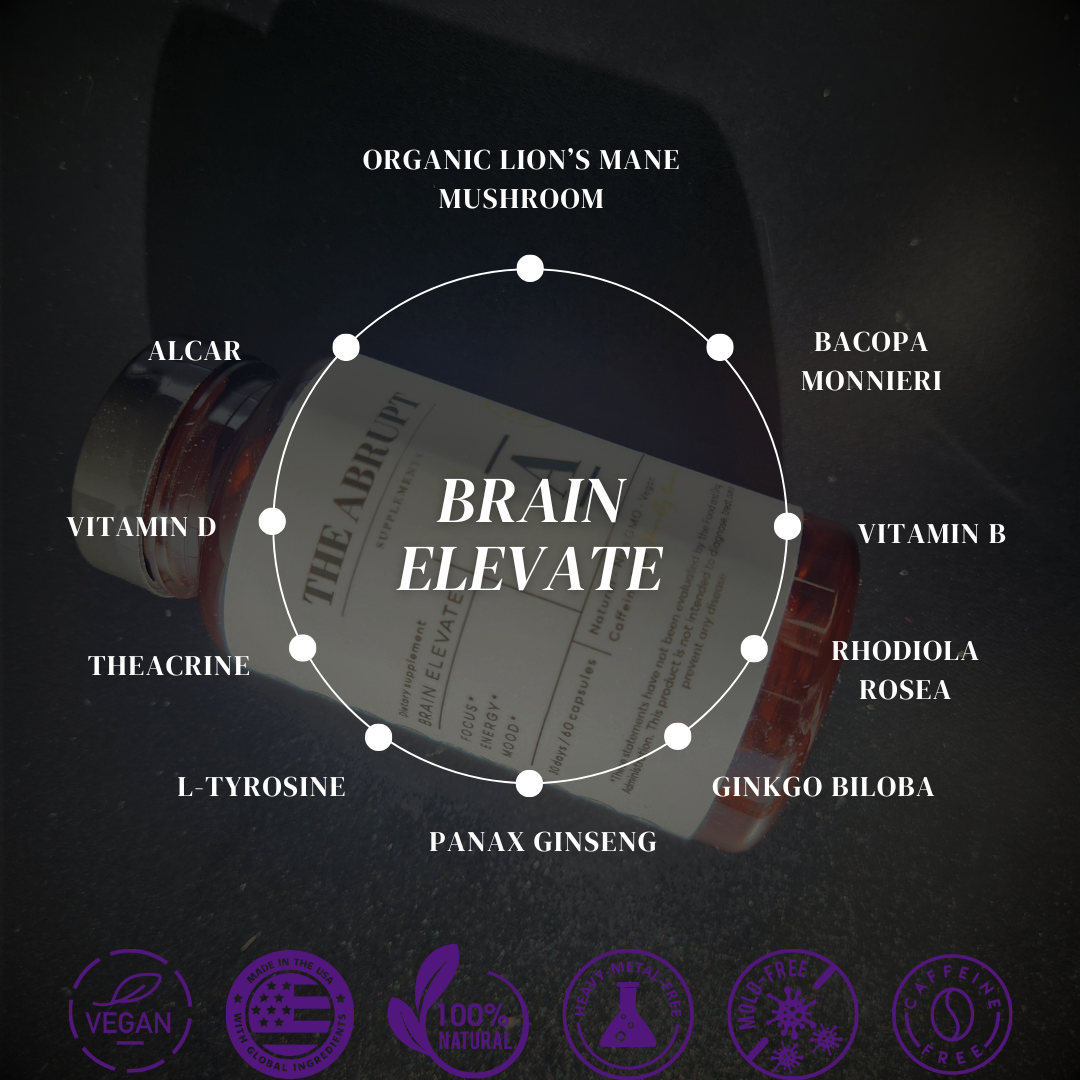
Why Vacations Aren’t Enough to Fix Burnout? Find the Truth!
Share
Have you ever come back from a vacation feeling mentally drained and exhausted? You might have gone away with high hopes of returning refreshed, ready to take on the world. But instead, you come back to the same old stress, and the exhaustion lingers like a heavy cloud. It's as if your vacation only gave you temporary relief but didn’t fix the deeper issues. But why is that?
Vacation Gives A Temporary Escape, Not a Solution!
Vacations are great for taking a break from the daily grind. They allow you to disconnect, recharge, and enjoy some relaxation. But here's the catch – a vacation is just that – a break. It's not a long-term fix. After returning, we’re often thrown immediately back into the stress and demands of our work or personal life. It’s like hitting the reset button, but the game starts right back where it left off.
While vacations are necessary to clear your head temporarily, they don’t address the root causes of burnout. The stress, pressure, and overwhelming tasks usually resume as soon as you're back at your desk. And unfortunately, it will leave you feeling just as drained as before, if not more. The truth? Burnout isn’t something you can escape from; it's something you need to work through.
Burnout is a Result of More Than Just Overwork
Burnout is not only a result of long hours or hectic deadlines. It's the outcome of prolonged emotional and mental exhaustion. When you're constantly under stress, your brain and body don’t get the chance to heal. So, while you might get a few good days of rest on vacation, the underlying stress can still persist. True recovery requires more than just a few days off. It requires a shift in lifestyle and mindset, and here are a few ways that you can follow to combat burnout and lead a more enriching life.
7 Natural and Sustainable Ways to Overcome Burnout and Reclaim Your Energy
Burnout can feel overwhelming, but with a few simple and natural changes to your routine, you can begin to heal and regain your energy. Here are seven tips to help you naturally and sustainably tackle burnout:
1. Prioritize Sleep for Restoration
One of the most powerful ways to combat burnout is through proper sleep. When you’re tired, your brain and body don’t function at their best, and stress accumulates more easily. Aim for 7-9 hours of quality sleep each night to give your brain the rest it deserves to work with more power the next day. It will allow your body to rest, repair, and recharge so you wake up feeling refreshed and ready to face the day.
2. Incorporate Mindfulness and Meditation
Mindfulness and meditation are effective practices for managing stress and calming your mind. Just a few minutes of meditation a day can help you focus, reduce anxiety, and increase your sense of well-being. By practicing mindfulness, you train your brain to stay in the present moment, allowing you to release the stress that contributes to burnout.
3. Exercise Regularly
Physical activity is not only great for your body, but it also helps your mind. Exercise releases endorphins, which are natural mood boosters. Whether it’s a walk, yoga, or a workout, regular physical activity helps reduce stress, improve focus, and boost energy levels. It’s important to find an activity you enjoy so it becomes part of your routine and doesn’t feel like another chore.
4. Set Boundaries and Learn to Say No
Overcommitment is a common cause of burnout. Learning to set boundaries and say no when needed is crucial for protecting your mental health. It’s okay to decline additional responsibilities or step back from tasks that overwhelm you. By prioritizing your well-being and saying no when necessary, you allow yourself the space to recharge.
5. Nurture Your Relationships
Human connection is essential for emotional recovery and can become one of the effective ways for brain enhancements. Spending quality time with friends, family, or loved ones can help you feel supported and understood. Socializing in a meaningful way, whether through deep conversations or shared activities, fosters a sense of connection that can reduce the feeling of isolation often felt during burnout.
6. Practice Self-Care and Relaxation
Make time for activities that bring you joy and relaxation. It can include reading, taking a bath, or spending time in nature. When you focus on self-care, you allow your body and mind to unwind and rejuvenate. These activities don’t need to be elaborate; simple acts of relaxation are enough to relieve stress.
7. Eat Nutrient-Dense Foods
What you eat can significantly impact your energy levels and mental clarity. Incorporate more whole foods, fruits, vegetables, and healthy fats into your diet. Nutrient-dense foods support brain health and help stabilize your mood. Also, make sure to stay hydrated—dehydration can lead to fatigue and exacerbate burnout.
Conclusion: It’s Time to Break the Cycle
So, while vacations are a great short-term solution, they’re not enough to fix the deeper issue of burnout. True recovery comes from building sustainable habits that prioritize your well-being year-round. If you’re struggling with burnout and don’t know where to start, don’t hesitate to reach out. Or, get a membership to read our blogs to explore ways to create a healthier, more balanced life.









